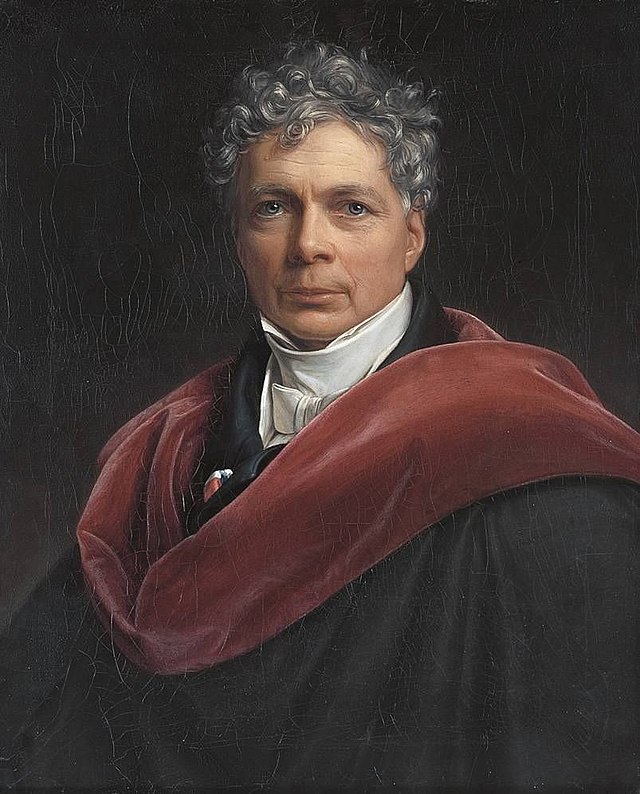Content deleted Content added
m |
|||
Line 2: [[Image:Friedrich Wilhelm Joseph von Schelling.png|right]] '''Friedrich Wilhelm Joseph von Schelling''' ([[January 27]], [[1775]] - [[August 20]], [[1854]]) was a [[Germany|German]] [[philosopher]]. Standards histories of philosophy make him the midpoint in the development of [[German Idealism]], situating him between [[Johann Gottlieb Fichte|Fichte]], his mentor prior to 1800, and [[Georg Wilhelm Friedrich Hegel|Georg Hegel]], his erstwhile roommate and friend. Interpreting Schelling's philosophy is often difficult because of its ever-changing nature. Some scholars characterize him as a protean thinker who, although brilliant, jumped from one subject to another and lacked the synthesizing power needed to arrive at a complete philosophical system. Others challenge the notion that Schelling's thought is marked by profound breaks, instead arguing that his philosophy always focused on a few common themes, especially human freedom, the absolute, and the relationship between man and nature. Schelling's thought has often been neglected, especially in the English-speaking world. This stems not only from the ascendancy of Hegel, whose mature works portray Schelling as a mere footnote in the development of Idealism, but also because of his ''Naturphilosophie'', which positivist scientists have often riduculed for its "silly" analogizing and lack of empirical orientation. In recent years, Schelling scholars have forcefully attacked both of these sources of neglect.
==Life== Schelling was born at [[Leonberg]] in [[Württemberg]]. He was first educated at the cloister school of Bebenhausen, near [[Tübingen]], where his father was chaplain and an Orientalist professor. Three years early, he then enrolled at the ''[[Tübinger Stift]]'' (seminary of the [[Protestant Church]] in Württemberg), where he became friends with the future philosophers [[Georg Wilhelm Friedrich Hegel|Georg Hegel]] and [[Friedrich Hölderlin]]. In [[1792]] he graduated from the philosophical faculty, and in [[1793]] contributed to [[Heinrich Eberhard Gottlob Paulus]]'s ''Memorabilien''; in [[1795]] he finished his thesis for his theological degree, ''De Marcione Paullinarum epistolarum emendatore''. Meanwhile, he had begun to study [[Immanuel Kant|Kant]] and [[ After two years tutoring two youths of an aristocratic family, and at only 23 years of age, Schelling was called as an extraordinary professor of philosophy to [[Jena]] midsummer 1798. He had already contributed articles and reviews to the Journal of Fichte and [[Friedrich Immanuel Niethammer]], and had thrown himself with characteristic impetuosity into the study of physical and medical science. From [[1796]] date the ''Briefe über Dogmatismus und Kritizismus'', an admirably written critique of the ultimate issues of the Kantian system; from [[1797]] the essay entitled ''Neue Deduction des Naturrechts'', which to some extent anticipated Fichte's treatment in the ''Grundlage des Naturrechts'', published in 1796, but not before Schelling's essay had been received by the editors of the Journal. His studies of physical science bore rapid fruit in the ''Ideen zu einer Philosophie der Natur'' (1797), and the treatise ''Von der Weltseele'' (1798). | |||
 Article Images
Article Images